Self-Harming
How to talk about it and how to help
To hear or discover that someone you know has self-harmed, or does so regularly, can be very difficult to cope with. Self-harming is linked to other issues such as anxiety, loneliness, depression, eating disorders and can present as a way to cope with other mental health issues.
According to Self harm UK*1, the reason a person will self-harm is “to cope with, block out, and release intense feelings of anger, shame, sadness, loneliness, or guilt.” These emotions can be linked to any number of situations such as bullying at school, home life, stress from work, low self-esteem, grief, etc. Unless the underlying feelings and causes are dealt with, it will be hard to stop self-harming without finding another outlet that can be just as destructive, or more so.
It is never an easy topic to broach and the situation will vary with each person. It could be a friend, a family member or a work colleague. However, if that person confides in you, it can be a sign that the person is asking for help, that they want to stop the cycle. That they trust you.
I have raised three girls and a boy through their teenage years and the issue is more common than people think. I have seen how it has become deep-rooted in teens and persisted into their 20’s and even 30’s.
However, I am by no means an expert and have tried to support people in the best way I know how. I learned to realise that by confiding in me, it was a sign of trust and testament to the relationship we already had. What I found hardest was the recurrence. I could not understand the release that it brought. However, I soon realised that I did not need to. I just had to be there to listen and show that someone cared.
In order to help anyone who is aware of a friend, family member or colleague who is self-harming, I’ve gathered some straightforward pointers on how to talk about it and how to help.
Advice for when you find out someone is self-harming
There is a wealth of information and advice available for people who self-harm and also for those who are close to them. The Mix*2 gives the following advice for when you find out someone is self-harming:
- Don’t panic – It can be hard to know how to react, and even harder not to react! However, by listening and being there for someone, you are already helping.
- Offer to listen – Let the person talk to you about whatever they need to. Try not to interrupt and don’t pass judgement, become critical or dismissive.
- Help to find support – See if you can find sources of help and support, perhaps offering to go with them to appointments if they are comfortable with it.
- Be there for the long haul – Self-harm is a symptom of something that is more deep-rooted but should not be how people are defined. They are still the same person that you knew, and so you need to still see them as that person, not their self-harm. There will be ups and downs, but by showing you can be there for both will help immensely.
- Look after yourself – Be honest. If you do not know what to say, then say so. Be honest about what you feel you can help with and don’t take on too much that it overwhelms you. Remember that you should seek help and support for yourself if you feel you are being affected.
When I found myself in the position of the confidante, my first reaction was shock, swiftly followed by “why?” and many, many other questions.
I knew that I had to rein in my reaction and focus on what this person was trying to tell me. Slowly over the years we have both learnt to accept it as part of life and not the person. I managed my own anxiety over it by asking if the wounds were clean, helping to find suitable dressings and caring for the physical, as well as being there for the mental anguish. So far this has worked, and we are able to talk about it quite openly.
I went from an initial reaction of “how do I fix this?” to understanding that self-harm is a lot more complicated and not something that people can “just stop” as it is a coping strategy employed to stop or diminish something else.
I never asked that they stopped as I felt it would bring additional pressure to someone who clearly had a lot of issues that they were struggling with. When I was unsure what to say, I said so and this honesty has led to more understanding from both sides and a much firmer relationship.
Some people may be afraid to access professional help in case the issue is dismissed as a “popular teenage phase”. Sadly, it does seem to be more prevalent nowadays, but then this could appear so due to the 24/7 media attention we all have access to now. There does appear to be a lot of focus on self-harm currently on social media and this has gained a lot of press discussion recently.
However, we should be aware of how this is perceived by the general public and ask whether it matters what the cause is. If it is “to fit in” this still speaks volumes about the difficulties someone is having socially and thus an underlying problem that really needs addressing with the proper help.
If you feel that self-harm is attention seeking, it depends what you mean. In some ways it can be a cry for help. This by no means reduces the severity of the issue or the root cause. However, it should never be dismissed out of hand as a “phase” or “something they will grow out of”.
Shocking statistics
Young Minds*3 performed survey over recent years and here are some of the results:
- 44% of parents believed that self-harm was a form of attention seeking.
- 80% of young people wished that people did not think self-harm was attention seeking.
- Only 27% of young people who responded said that they would go to their doctor.
- 61% said they would confide in friends.
- 76% said they would use online information.
These are shocking statistics and could be part of the reason why people do not confide easily – for fear that the issue will not be taken seriously. It may be an alien concept that cutting, burning, swallowing things is a means of release from mental health issues, but every person deals with life’s pressures in their own way, it is not for us to judge. We should respect them and be there when they need us.
To conclude, as I have said in several blogs – and it seems to be a running theme – Be kind. Don’t judge. Listen.
Victoria Hughes
BSc(Hons.), DipNEBOSH, EnvDipNEBOSH, MCMI, CertIOSH
Student Support Tutor, SHEilds Ltd.
Childline assist those under 19 with confidential help for those who are self-harming https://www.childline.org.uk/info-advice/your-feelings/self-harm/
Sources
*1 Self Harm UK www.selfharm.co.uk
*2 The Mix www.themix.org.uk
*3 Young Minds www.youngminds.org.uk

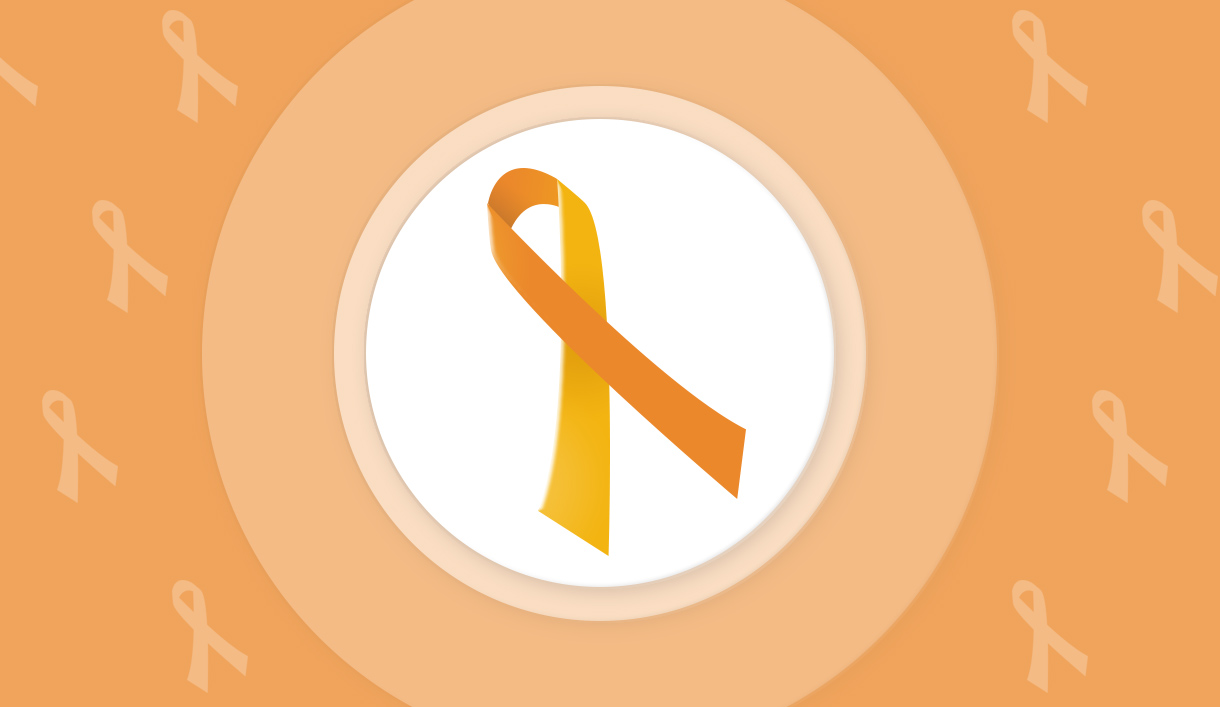
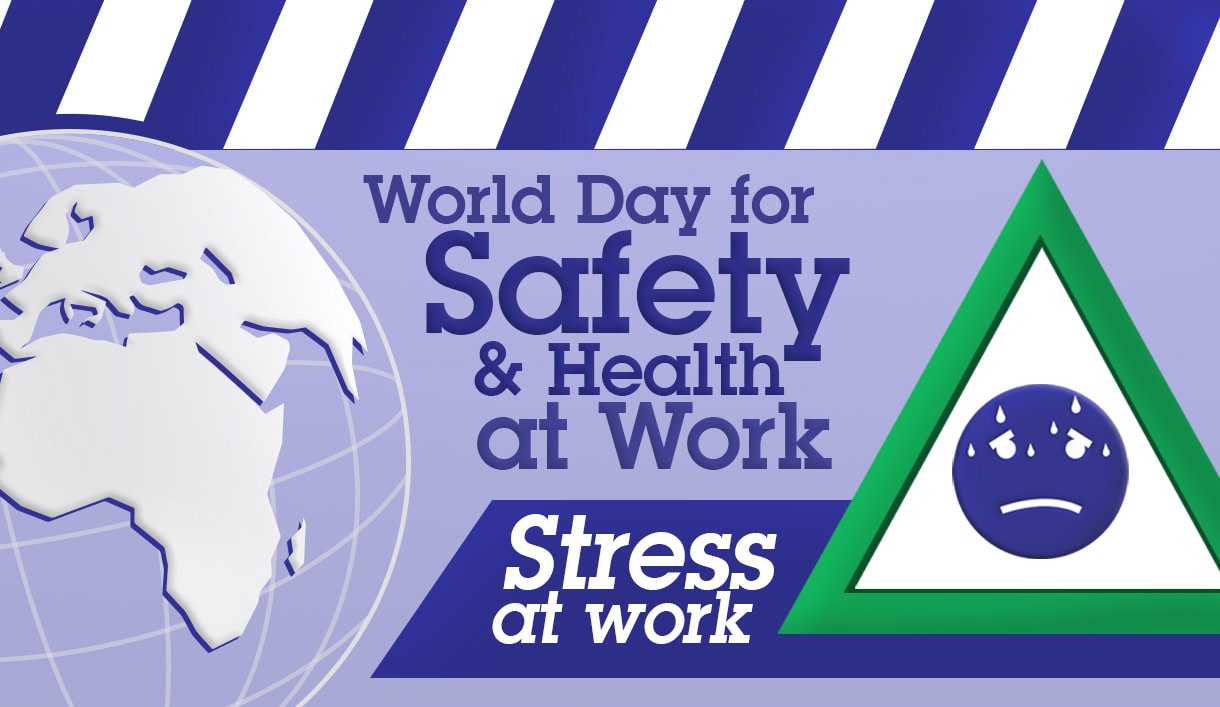
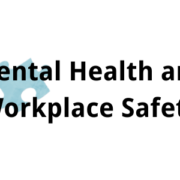
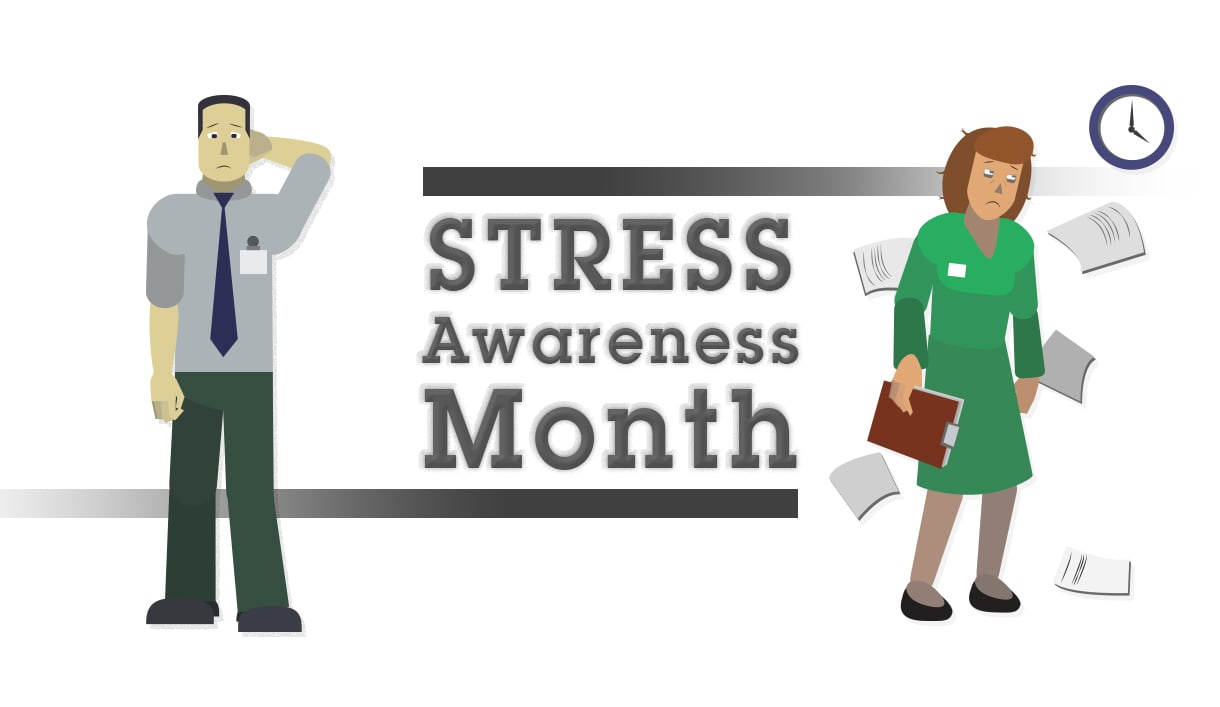
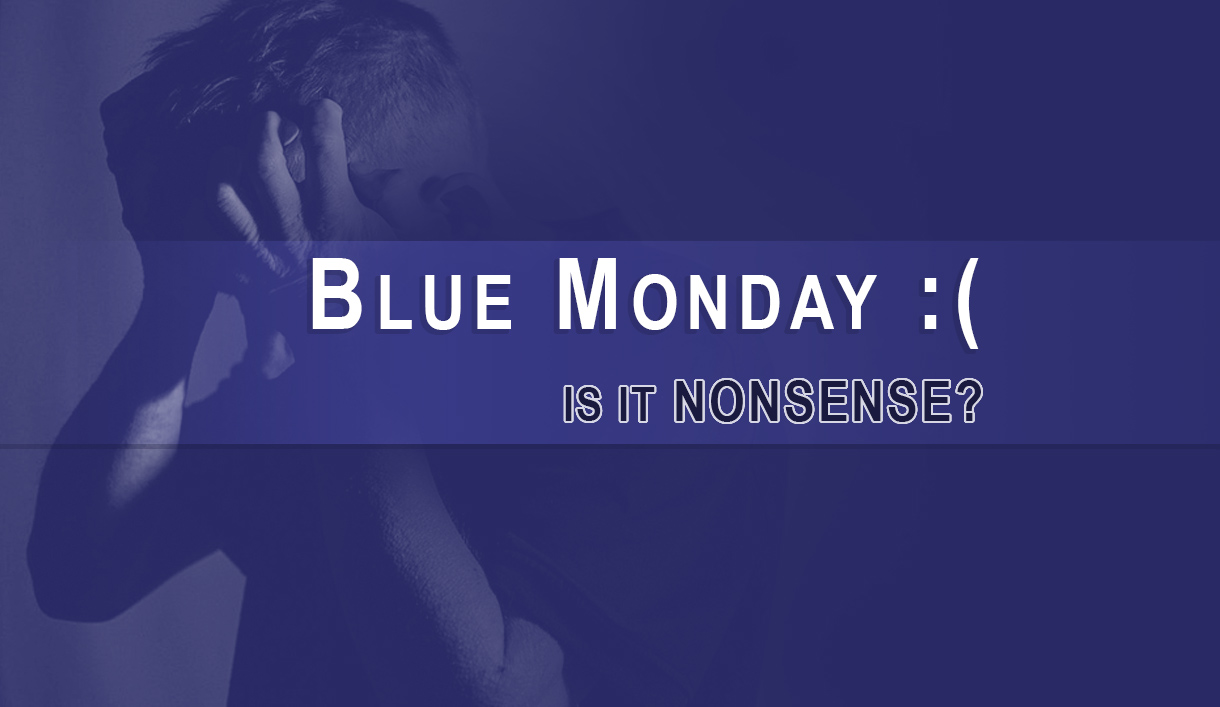
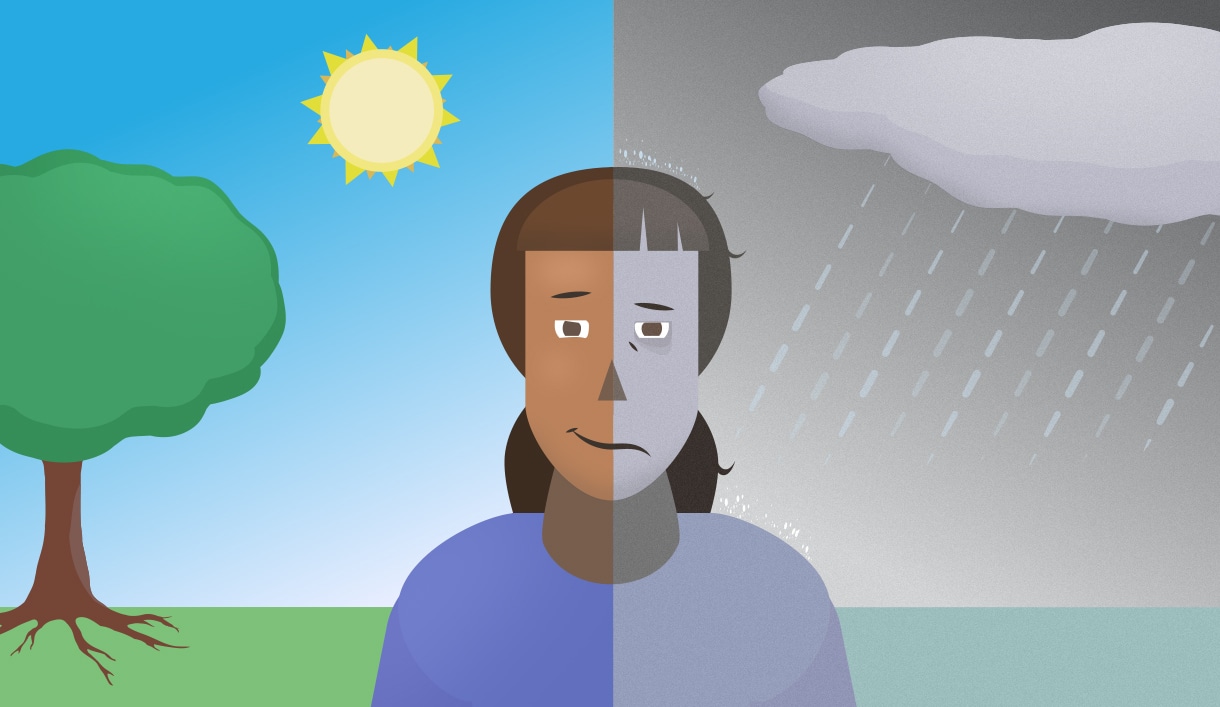
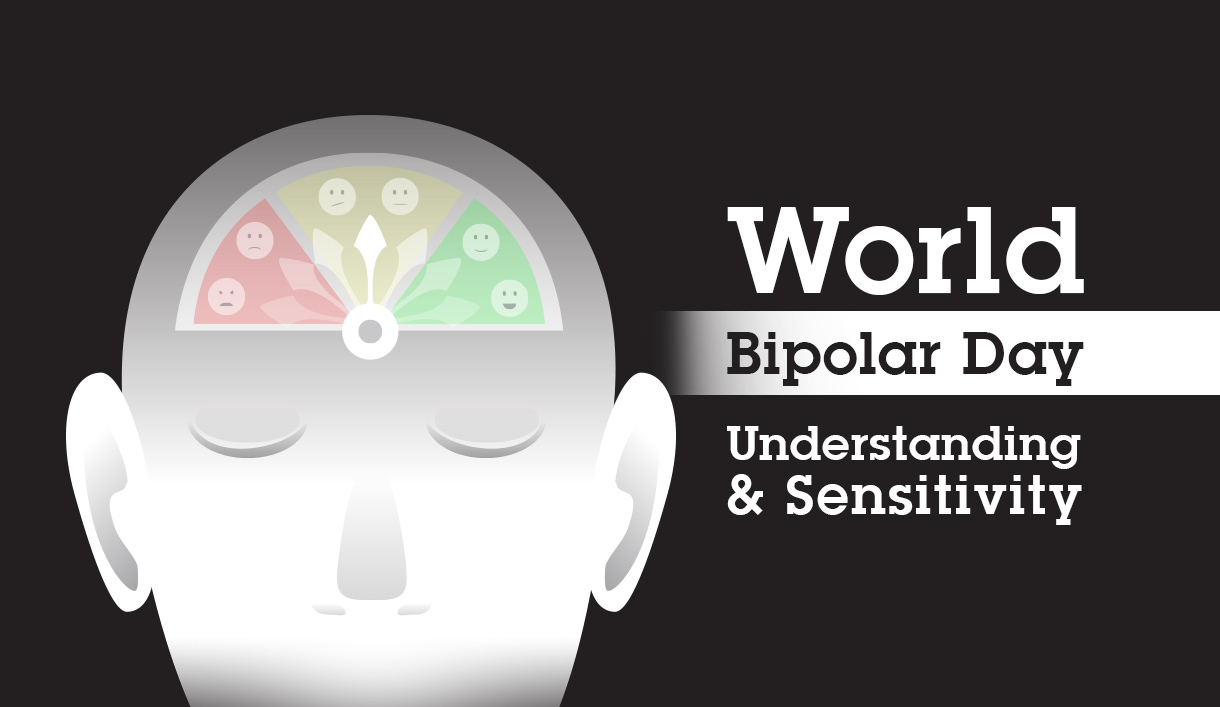
Leave a Reply
Want to join the discussion?Feel free to contribute!